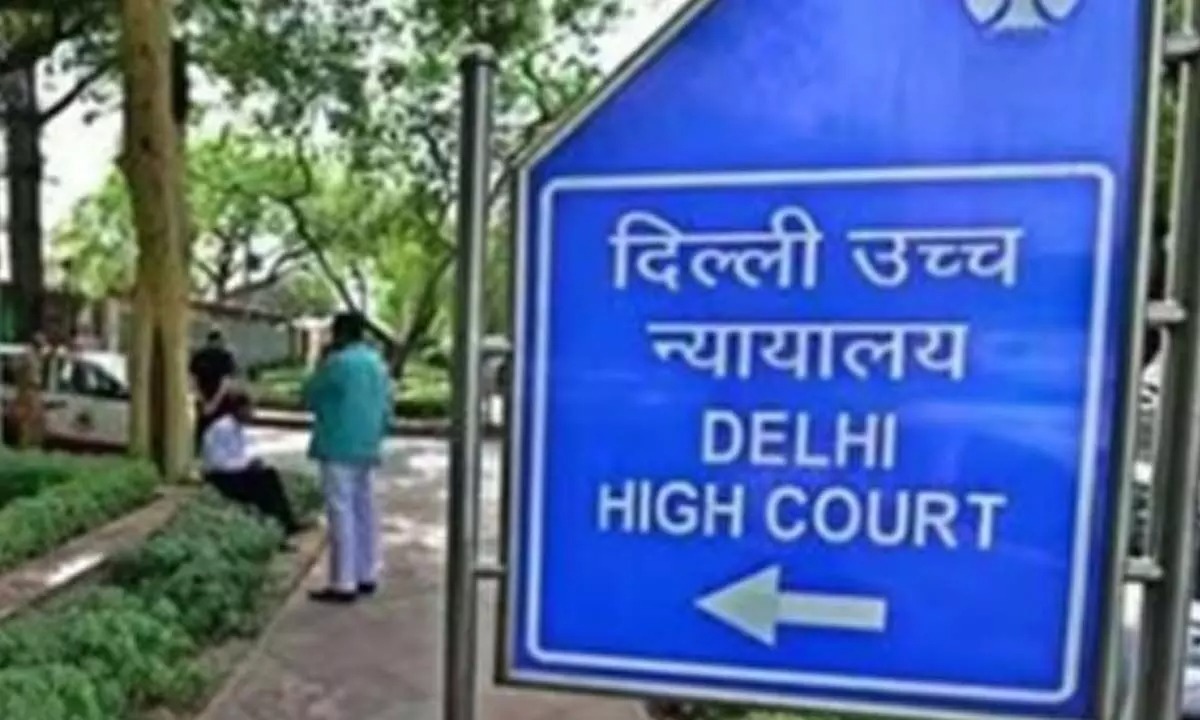Sudhangsu Sekhar Ganguly, J.@mdashThis rule is directed against the judgment and order dated 22.6.83 passed by Shri A.K. Mukherjee, Judicial Magistrate, 1st class, Contai, Midnapore in Misc. Case No. 82 of 1978 initiated under S. 125 Cr.P.C. by the opposite-party-wife.
2. The opposite party''s case is that she was married to the petitioner on 26th Falgun, 1384 B.S. according to Hindu rites, that she was treated well at the petitioner''s father''s house at the beginning, that gradually there was deterioration in their behaviour and lastly she was assaulted and driven out in mid Jaishthya 1385 B.S. and all attempts of reconciliation failed. Hence, the application for maintenance.
3. The case of the opposite party is that there was a proposal of marriage, but it was turned down. There never was any marriage and the rest of the story is false.
4. There are certain peculiar features of this case. Admittedly the parties are close neighbours. Yet the opposite party''s witnesses say that the father, brothers, etc. came to see the bride on the very morning of the marriage. On their approval the marriage took place that very night. This is very unusual as observed also by the learned Magistrate. Thus it appears that the priest was not the regular priest nor the barber the regular barber and there is no explanation why the regular priest and regular barber were not engaged. There is also no explanation why the bride, approved and known to the groom''s people since her very birth, was assaulted and driven out of her husband''s father''s home only about one and half months after the marriage. On the other hand the opposite party has examined a number of witnesses who - all local people - have deposed on the point of marriage and no satisfactory reason has been shown as to why they should be disbelieved. Lastly a photograph of the petitioner and opposite party together has also been exhibited (marked Ext.1). No reason has been shown why the photographer (Samar Saha, P.W.6) should be disbelieved and no effort was made to show that the photograph was a superimposed one. True, the petitioner has examined for witnesses. But the father and the other relations of the petitioner were not amongst them. The state of evidence being what it is, it becomes difficult to hold that the learned Magistrate who had the opportunity of watching the demeanouers of the witness concluded wrongly when he held in favour of the marriage.
5. With the marriage established the question of payment of maintenance follows. The opposite party says in her depositions that she is unable to maintain herself. It is to be seen therefore, if the petitioner has sufficient means to pay maintenance to the opposite party. The learned Magistrate has hardly entered into the question. He observed that there is no evidence on the point of the petitioner''s income except what comes from the opposite party herself who has not been cross-examined and mentioning further that the petitioner admits getting an allowance of Rs.50/- per month and observing that Rs.50/- is not sufficient to maintain a person and that the petitioner has no income the learned Magistrate directs him to pay maintenance at the rate of Rs.75/- per month on the mere fact that he is able-bodied. It is true, there are certain decisions from other Hon''ble Courts in which it has been observed that if one is healthy and able-bodied he must be held to have means to support his wife and further that the onus is on the husband to show want of means. With all respect to the Hon''ble Judges who have expressed these views it should be pointed out that there is no presumption in law that an able-bodied person should invariably be in a position to maintain his wife. Whatever a person - able bodied or not - is in a position to maintain his wife and if so to what extent are questions of fact which must be decided, in the way a question of fact should be decided, i.e. on evidence and the burden of establishing these facts must lie on the party "asserting them i.e. the wife. Once the wife has discharged her burden in this regard, the burden shifts to the husband and then if he asserts lack of means, the burden lies on him to prove that. It is difficult to understand why even where the wife fails to establish existence of sufficient means, the husband shall have to establish lack of means and why on his failure to do that he should be held - on the basis of a presumption which simply is not there - have sufficient means to pay maintenance to the wife. It is true that the disadvantageous position in which the Society places women vis-�-vis men, it may be difficult for a woman to collect all the details of the income of her husband. For that some amount of concession may be granted in appropriate cases. But that certainly cannot be any reason why in all cases the statutory rules of evidence should be given a go by and the void filled up by a presumption which is not in existence. The decisions referred to above may have application in appropriate cases, but they cannot and should not be applied in all cases. In the case at hand to establish the petitioner''s means it has been asserted that the petitioner (1) cultivates land (P.Ws 2,3,4)(2) runs a business in paddy and rice (P.Ws 1 and 4) and (3) works as a Dafadar (P.Ws 2,3,4). Admittedly the petitioner lives with his father and it is not asserted that the land which he cultivates belong to him. Evidence on the point of business comes only from the opposite party and her father and the details of this alleged business are also lacking. Similarly there is also no evidence how much does the petitioner earn as a Dafadar. In the circumstances stated it must be concluded that the learned Magistrate came to his conclusion on the point of existence of sufficient means on the basis of no evidence and hence it should be set aside.
6. In view what has been stated above the finding of the learned Magistrate on the point of marriage, is hereby confirmed, but his finding on the point of existence of petitioner''s means and his order directing the petitioner to pay Rs.75/- per month to the opposite party are hereby set aside. The parties are hereby permitted to adduce fresh evidence on the point as to whether the petitioner has means sufficient enough to pay maintenance to the opposite party and, if so, what should be the quantum thereof. The learned Magistrate should decide the points on the basis of the new evidence as well as the evidence already on record. The rule is disposed of accordingly. Send the case records back to the learned Magistrate immediately for doing the needful on priority basis.

